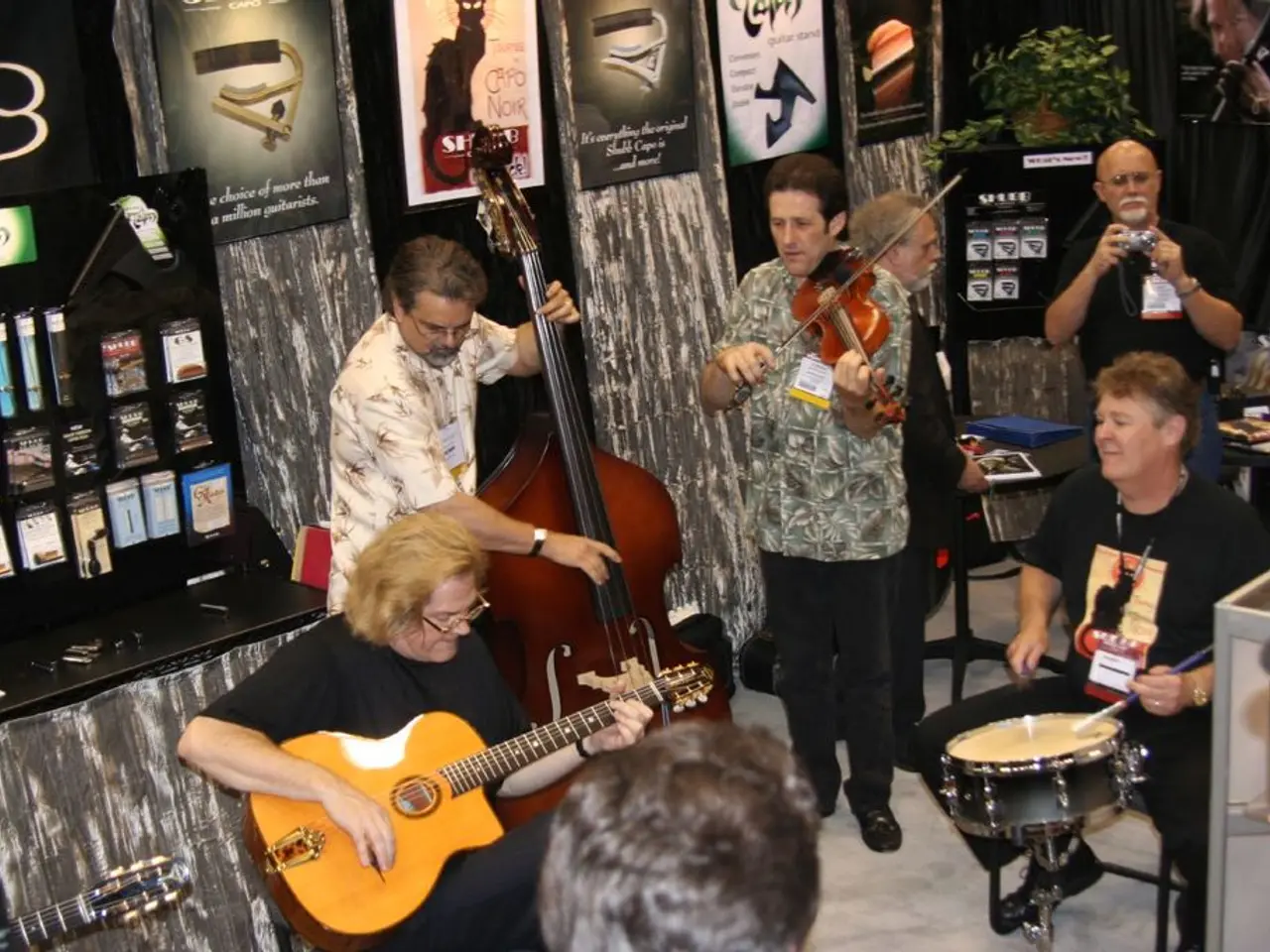Rustic Black Forest- style wall, counter, or rural cottage clock
The Blackforest Clock Company, founded by Leopold and Sara Stossel in 1928, operated in Toronto, Ontario, and was a well-known Canadian clock company. Initially, the company imported mantel clock and grandfather clock movements from Germany, which were installed in cases made in Kitchener. However, during the late 1930s, the company started producing its own clocks, such as the 1937 Blackforest Royal Tour commemorative edition shelf clock that we will discuss.
This particular Blackforest shelf clock is a kitchen clock, featuring an 8-day time-only "plate" clock movement. The clock discovered in Kazabazua Quebec, although in poor condition, is a one train time-only movement with a unique twisting pendulum adjustment. Interestingly, it has a Delft plate, adding to its unique character. Unfortunately, the clock found in Kazabazua Quebec has no label indicating its model name or number, making it a mystery among collectors.
During World War II, the Blackforest Clock Company, like many companies with German-sounding names, may have undergone a name change to maintain business stability amid wartime restrictions and sentiment shifts. The Forestville Clock Company, located in Forestville, Quebec, is believed to be one such company.
The Forestville Clock Company was known for producing affordable cuckoo clocks, often adapted or assembled in Canada, deviating somewhat from traditional German methodologies. Starting in the mid-1950s, German factories became the source of most Forestville clocks, with Mauthe being a major supplier. During the war, the company imported clock movements from England, the United States, and France. Some assembly work was carried out in the Wellington Street East factory.
However, a detailed and authoritative history of the Blackforest Clock Company and the Forestville Clock Company, including exact production practices and official name changes during World War II, is yet to be thoroughly documented. For such information, specialized sources such as Canadian business registries, clock collectors’ archives, or historical company records would be needed.
Despite the lack of comprehensive historical records, it is clear that the Blackforest Clock Company and the Forestville Clock Company shared a connection through cuckoo clock production influenced by German Black Forest styles. The Forestville Clock Company, in particular, played a significant role in making cuckoo clocks more affordable and accessible to the Canadian market.
- The Blackforest Clock Company, once renowned for importing mantel clocks and producing vintage clocks like the 1937 Blackforest Royal Tour commemorative edition shelf clock, might have also ventured into home-and-garden accessories, considering their production of affordable cuckoo clocks during the mid-1950s.
- Amid the collection of unique treasures, the discovery of a vintage shelf clock in Kazabazua Quebec, despite being in poor condition, holds a captivating allure, with its one train time-only movement, twisting pendulum adjustment, and Delft plate – reminding us of the intricate lifestyle detail once offered by the Blackforest Clock Company.




